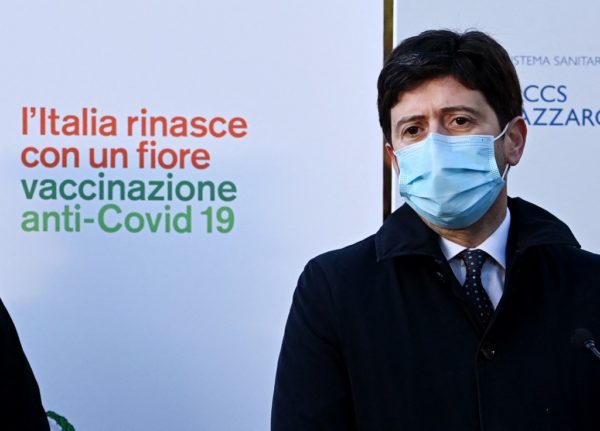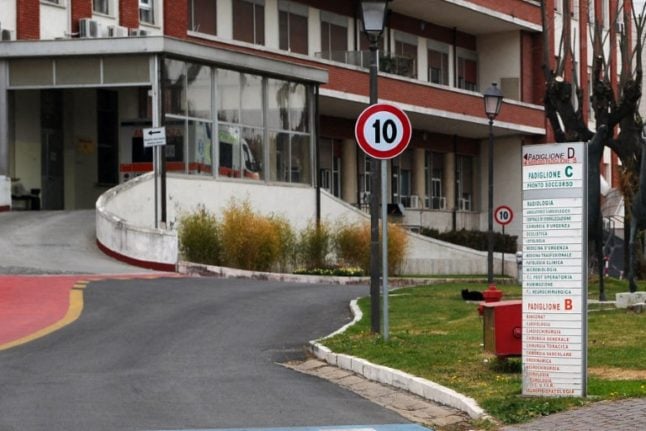Roberto Speranza’s comments in Sunday’s La Repubblica newspaper came on the eve of restrictions taking effect from Monday and running until April 6, which would cover the crucial Easter holiday period.
“The implementation of more stringent measures and the gradual increase in the number of people vaccinated make us think we will have improving figures by the second half of spring already,” he said.
CHARTS: How many people has Italy vaccinated so far?
The new factor had been the recent mutations of the original virus, particularly the one identified in England, which now accounted for more than half the cases.
But he added: “Each dose of vaccine injected is a step in the direction of the way out of the crisis.”
Although several countries have suspended the use of the AstraZeneca vaccine because of concerns over side-effects, Speranza expressed his confidence in Italian and European health authorities, both of which say it is safe to use.
Italy has nevertheless suspended the use of one batch of the vaccine.
Schools, restaurants, shops and museums will close across most of Italy on Monday, a year after it became the first European country to face a major outbreak.
READ ALSO:
- MAPS: How Italy’s coronavirus zones change from Monday
- What are the lockdown rules in your Italian region?
- What can you do this Easter holiday under Italy’s lockdown?
Most regions — including those containing Rome and Milan — become high-risk red zones, with all residents told to stay home except for work, health or other essential reasons.
The restrictions cover 48 million people and will last until Easter — then during the Easter weekend of April 3-5, the whole of Italy will become a red zone.
Prime Minister Mario Draghi said on Friday that the surge in infections was fuelled by the new, more contagious variants.
Italy has to date suffered more than 101,000 deaths since the start of the pandemic.



 Please whitelist us to continue reading.
Please whitelist us to continue reading.
Member comments